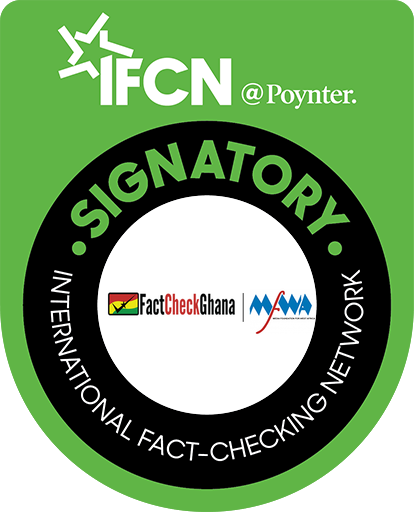Fake news and misinformation continue to be a threat to democracy and the work of the media. In a period of new and social media where citizens have become their own journalists, tweeting and posting their own news, the effects of fake news and misinformation can be damning. As hard as it is to accept this, our only bet is to collectively fight it.
Just like pandemics, Elections are very tensed periods. A CNN report during the 2016 United States elections provides enough evidence that fake news and misinformation thrive online during elections. In fact, a study by BuzzFeed has also shown that fake news gets shared more than “real” news.
Several factors account for the spread of fake news, including the urgent quest for information by news consumers in critical times, and the modern day individual’s over-dependence on digital media. Perhaps, the most prominent used by fake news peddlers is the click bait gimmick of sensational headlines. Fake news headlines are usually biased and partisan and often targeted at swaying consumers’ attitudes in a particular way because most people share things that affirm their biases. In an election period, fake news can even change the political direction of any country. A study by the University of Twente confirms this in a 2017 report that found that fake news can change political attitudes.
There have been global concerns about the havock fake news and misinformation could cause, but, these global concerns certainly need local solutions also. Thus, in the bid to fight misinformation before, during and after Ghana’s December 7 general elections, Fact-check Ghana and a few other fact-check platforms have been fact-checking claims by political actors, influential people and sometimes ordinary people whose false or half-true claims go viral and mislead people.
However, these efforts will not yield the needed results if citizens are not aware, alerted to or capacitated on the issue of fake news and how to collectively fight it. Fact-check Ghana has thus carefully outlined five (5) key points on what citizens/netizens can do to support the fight against fake news and how they could properly wield that power.
- Are credible media outlets reporting the same information you wish to share?
Photos and videos tend to go viral quickly. Just as has been recommended by creators of social media platforms such as WhatsApp, check viral items carefully. Videos, audios and photos could be distorted to mislead you to act in a violent way. One of the best ways to verify visual and audio messages is to see if credible media outlets are reporting the same thing.
- Understand and Admit your biases
Evidence has shown that people share things that affirm their personal biases or beliefs. Sometimes, stories that seem very hard to believe are either untrue or overly embellished. Members of political parties are likely to share stories that go against their opponent. Always ask yourself is this is worth sharing or just because if feeds into your biases.
- Be careful when dealing with news Websites/ Blogs that end in “. com.co, .xyz, etc”
Look out for websites, messages and photos that look different. Now with the deep fake technique, photos can be made to look like their originals when in actual fact, they are not. Regarding websites, be careful when dealing with news websites or blogs that end in “. com.co, .xyz, etc” as they are often fake versions of real news sources. It is always advisable to check credible news sources such as Fact-checkghana.com for facts on issues before passing them on.
- Know the Difference Between Satire and Real News
There is also a new trend of satirical news websites who report the lighter side of real news. In most cases, they use “outrageous’ headlines that are likely to feed into the biases of a particular kind of audience. Satire websites have the tendency to dupe you to share their content. Sometimes, websites who publish satirical content put out a disclaimer about their content but may usually not noticeable at the first glance.
- Know that the Fake News Cycle Can end with You
Anytime you receive an information that you have doubts about, make a conscious decision to verify before you share. With that the fake news cycle can end with you. You have to bear in mind that you are responsible for the consequences of anything you share online and so before you hit that send button, make sure you verify, verify and verify again just as we do in our fact-checking newsroom. Sharing fake information quickly does not make you popular or the best source of information. If you are not sure about who wrote a message, check well before you share otherwise don’t share at all.
Read more on how to spot fake news here.



